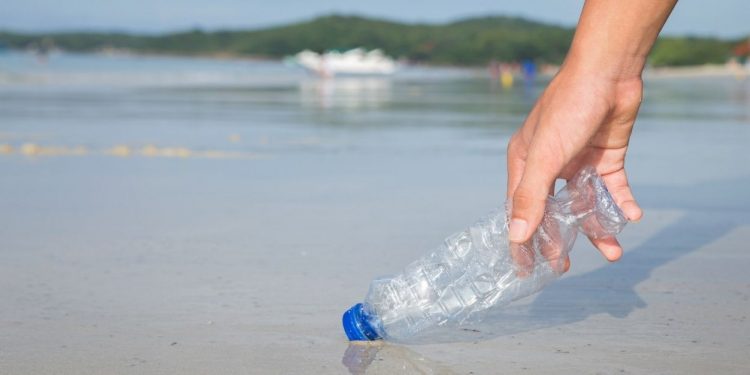The climate alarm bells are ringing: Hotter weather, erratic heavy rains, flash floods and climbing sea levels are unabating threats facing us today and into the future. Start doing your part now through these six simple environmental activities with your kids.
World Environment Day on 5 June may be behind us but every day is a good day to learn, and to practise environmental consciousness in our daily lives.
Here is a list of green activities you can do with your little ones for a day jam-packed with educational value, plus quality family time. Feel free to do all six together or pick out activities with environmental messages that you really want to hone in on for your kids. Repeat as you see fit, or even make some of them the weekly family routine.
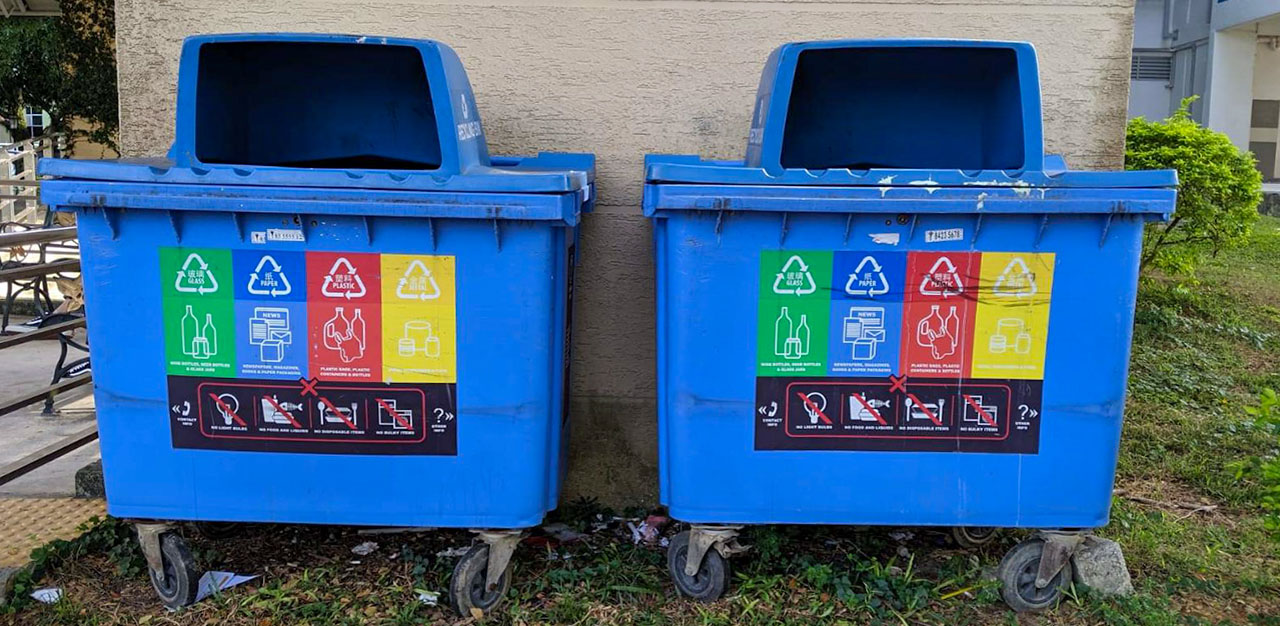
Recycling
What better way to start the day than to Marie Kondo your house, i.e. declutter the space you live in? Together with your child, gather all the recyclables you can find, such as cardboards from past deliveries, newspapers, milk or juice cartons and even emptied cosmetic glass containers!
After making sure all items are treated for recycling (i.e. plastic and glass has to be rinsed clean of previous sediments), make a trip around the neighbourhood to locate the blue recycling bin that can be found at every HDB block, or locate the recycling chutes on the floor you live in, for newer housing developments. Deposit the items in the recycling bin, or down the chutes.
You have now helped to raise the low 13 per cent domestic recycling rate in Singapore, even by just a tiny bit! What is more, go back home and realise that you now get to live in a tidier, organised space.
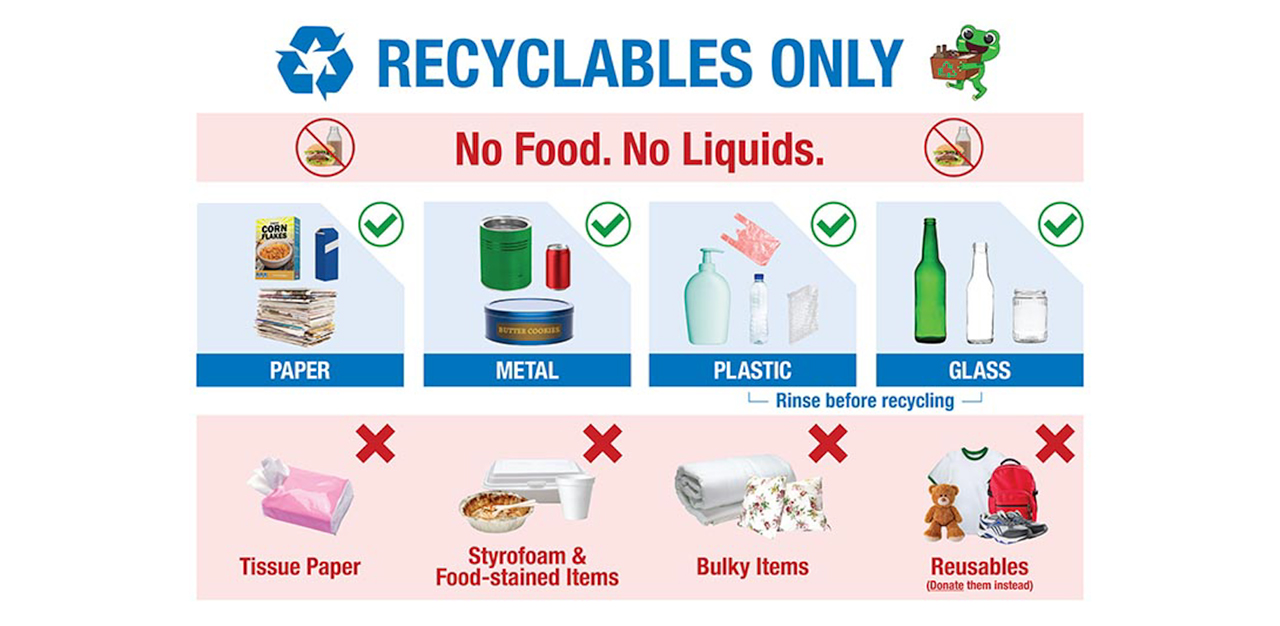
Public Transport > Cars
Yes, nothing beats the comfort of reclining in the plush, snug seats of your private vehicle, especially when compared to what you get on the MRT.
But did you know that for every person who drives the car, they use nine to 12 times the energy compared to a bus or train passenger? Teaching your child to use public transport from a young age goes a long way to helping them produce a smaller carbon footprint.
For the next activity, make your way to a beach of your choice, where you will need tongs and garbage bags, and probably sunscreen and a hat too.
Beach clean-up
Take a walk around your neighbourhood park and you are likely to find litter left behind by park users. Add to this random collection is litter that has been washed up onto our shores, with more expected due to the south-west monsoon from June to September.
If you do not wish to purchase your own cleaning equipment, such as metal tongs, buckets and carts, locate the nearest tool-sharing resource hut managed by CleanPods.
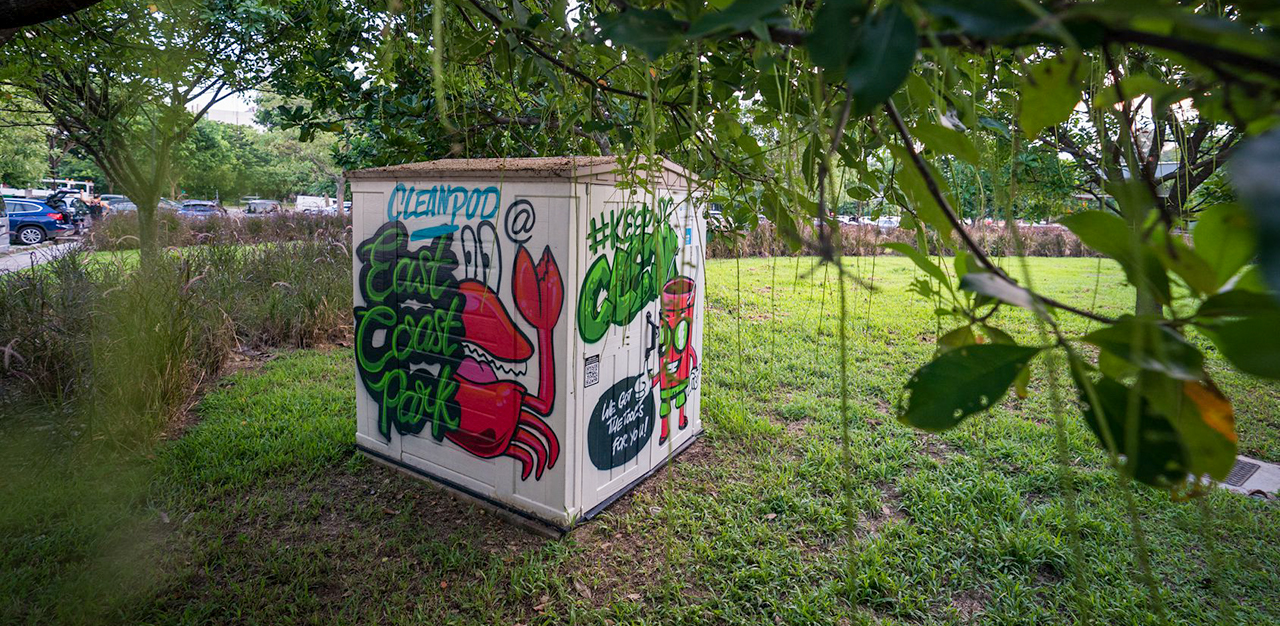
Choose a portion of the beach to tackle and get cleaning! There are lessons for you and your children to pick up (pun intended) about reducing the usage of non-biodegradable materials, just note the type of litter collected. It does not look pretty. Those plastic bottles, Styrofoam pieces, packaging material and fishing lines are not just an eye-sore, but they severely affect the marine ecosystem and the creatures that live in it.
If you spot broken clam shells or people removing marine creatures at intertidal areas (for eg. Changi Beach); do not join in, instead do use it as a lesson for your kids on how not to participate in environmentally destructive behaviour.
If it is in your nature to speak up, approach said individuals politely to request that they avoid touching sensitive marine life, and suggest that they release any marine animals caught. If they refuse or grow confrontational, it would be wise to leave them be.
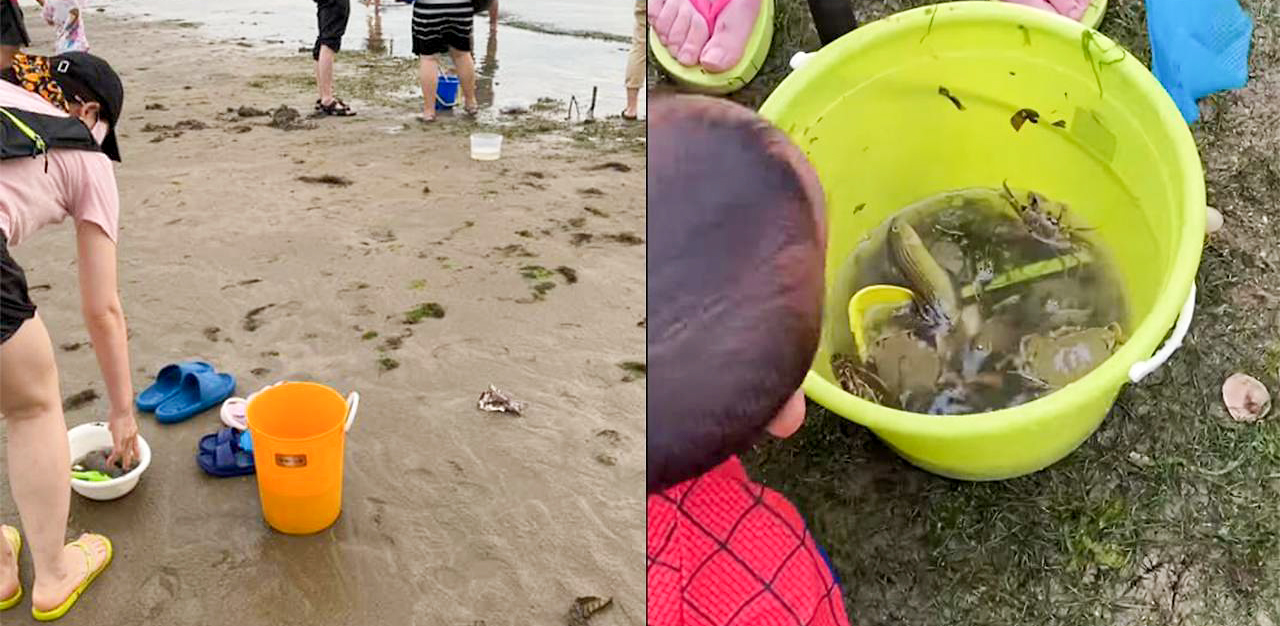
Bring your own reusables
By the time you call it a day at the beach, all that sun, sea and salty air are likely to have left you famished! If you are unable to fork out time (or the energy) to prepare your own meals, there is an easy, yet impactful, eco-friendly action you can practise when taking away food – bring your own Tupperware and reusable cups, cutlery too, if a picnic by the beach sounds enticing. This will reinforce the lesson, while beach cleaning, about reducing the amount of non-biodegradable waste you produce on the daily.
It may seem like an insignificant step, considering that this practice has not caught onto the mainstream yet. But small steps add up. Perhaps the stranger taking food away from the same stall would be inspired to do the same, after witnessing your entire family using your own reusables.
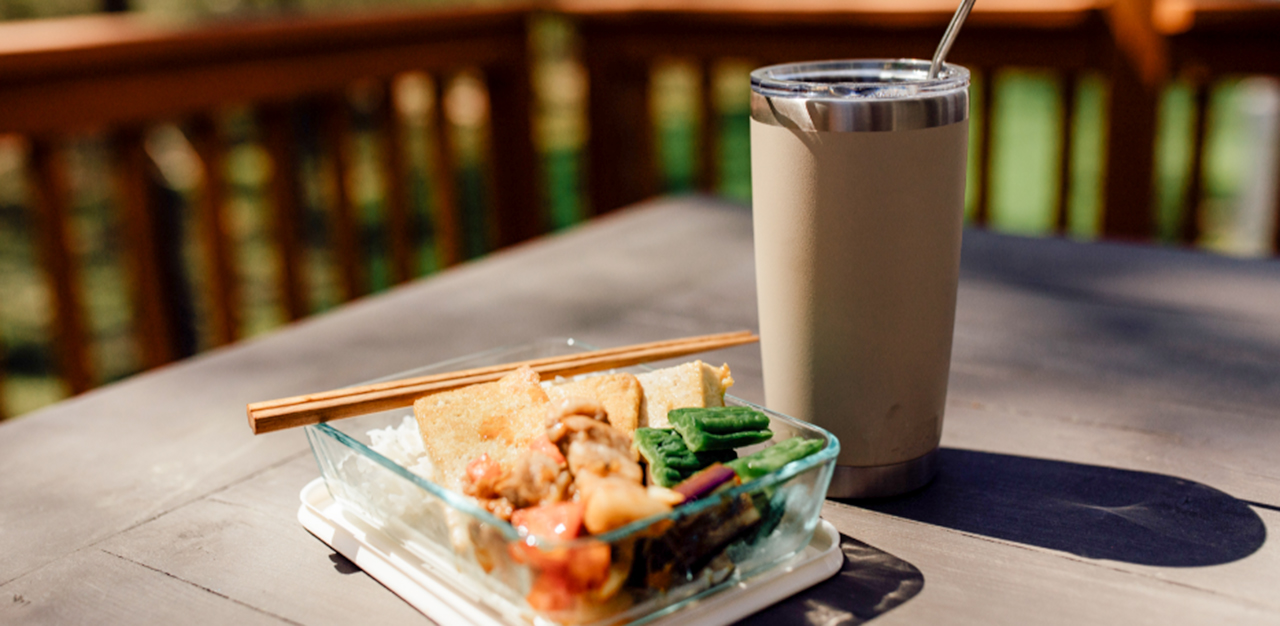
Limit shower water
While millennials and Gen Zers are used to the option of long, hot showers and drinking water straight from the tap, it was not too long ago when this basic necessity was a scarcity. To Gen X parents who are reading this, your folks likely faced water crunches in the past, or even lived through the 1961 and 1963 water rations.
Yes, Singapore has reinforced herself against water shortages that were common in the past with diverse water sources. But climate change and unpredictable weather patterns loom large in your kid’s future.
To learn that every drop counts, challenge your kids by limiting the amount of water they use to shower (try three medium-sized pails of water) and to brush their teeth (try three cups of water) when getting ready for bed!
Reduce electricity usage
Parents, we get it. There is nothing more you want to do than put on a cartoon to occupy your kids and take your eyes off them after a full day of ecologically sound activities. But there are many other forms of entertainment that are equally, if not more, educational, and – you guessed it – environmentally friendly!
Rather than turning on the TV or tablet, wind down by reading a book of your kid’s choosing. Save electricity, conserve the earth, and your wallet too.
So, there are the six activities, each with a targeted environmental message. Have fun completing the list, this coming weekend.
Join the conversations on TheHomeGround Asia’s Facebook and Instagram, and get the latest updates via Telegram.



